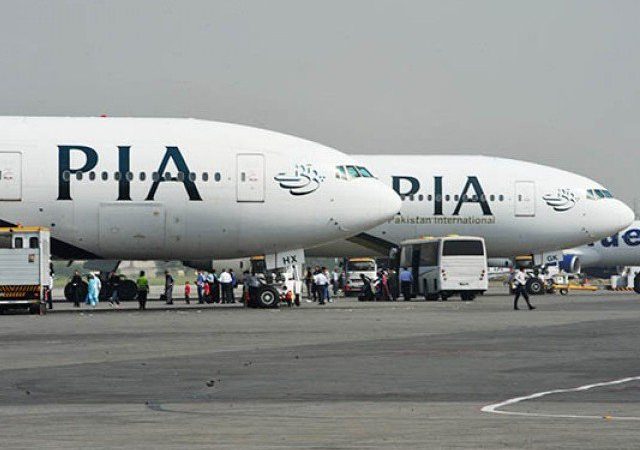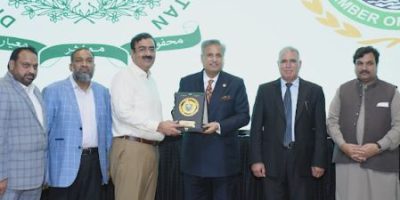PTI’s promises include turning around PIA, PSM

KARACHI: (DNA) – With Pakistan’s gross foreign currency reserves at an alarmingly low level at $9 billion, a trade deficit that touched its peak, and external financing needs projected to be around $11 billion a year, the country has its work cut out.
Talks of another bailout gained momentum much before Pakistan’s 11th general elections, which showed that the voters have now opted for a change. As Pakistan Tehreek-i-Insaf (PTI) gears up to form the government, The Express Tribune looks at the party’s manifesto, and the change it promises to deliver.
In its election 2018 manifesto, it said that it would turn around state-owned enterprises (SOEs).
Currently, these entities are running into heavy losses and adding to the tax burden. Pakistan Steel Mills and Pakistan International Airlines – once giants in their area – are classic examples of the failure of previous governments in running and then ruining their profit-and-loss accounts. The financial condition of PSM has continued to deteriorate over the years, and now its losses stand at a whopping Rs200 billion. Same, if not worse, is the case with PIA, which is incurring losses worth Rs406 billion.
Addressing the need to improve state institutions, PTI aims to create a wealth fund and depoliticise these institutions. The idea of a wealth fund is modelled on the concept of Khazanah in Malaysia, which is a sovereign wealth fund of the government. It holds and manages selected commercial assets of the government and undertakes strategic investments on behalf of the nation.
“We will launch transformation programme for SOEs by appointing and empowering non-political and autonomous boards, signing performance contracts with boards and agreeing on KPIs, selecting outstanding professional CEOs on merit through boards.”
The small and medium enterprises (SMEs) are considered to be the backbone of every economy, as it is an employment creating sector. Considering PTI’s statement of generating 10 million jobs, and more than 3.2 million SMEs in the country, the party states it will establish SME incubators across Pakistan.
SMEs constitute nearly 90% of all the enterprises in Pakistan; employ 80% of the non-agricultural labor force; and their share in the annual GDP is close to 40%. However, unlike large enterprises in the formal sector, a small and medium enterprise is constrained by financial and other resources. “We will launch a ten-year incentive plan for rapid growth of the SME sector including tax holiday on new investments for the first three years and 50% tax rate in next seven years, and a withdrawal of minimum tax on turnover for the first three years and then tax at half the rate for the following two years,” states the party manifesto.
Related News

CDC, ZLK Securities integrate RAAST for instant investor transfers
ISLAMABAD, AUG 11 /DNA/ – RAAST System with Zahid Latif Khan Securities (Pvt.) Ltd forRead More

ICCI praises DRAP’s move towards international quality standards
ISLAMABAD, AUG 11 /DNA/ – President Islamabad Chamber of Commerce and Industry (ICCI) Nasir MansoorRead More


Comments are Closed